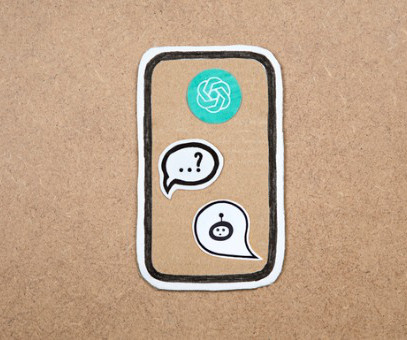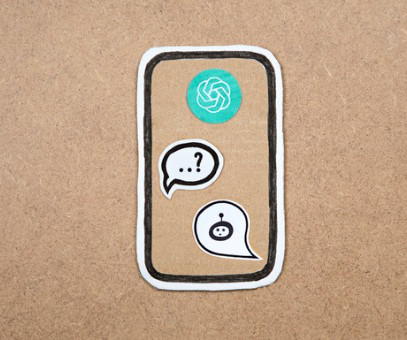Catch them Learning: A Pathway to Academic Integrity in the Age of AI
Cult of Pedagogy
MAY 11, 2025
As the potential for students to misuse AI tools raises ongoing questions about accountability, cheating, and academic integrity, a scandal from the past offers insights into the future. The following steps can help you, and your students, take action to ensure academic integrity. Its okay not to know.
















Let's personalize your content